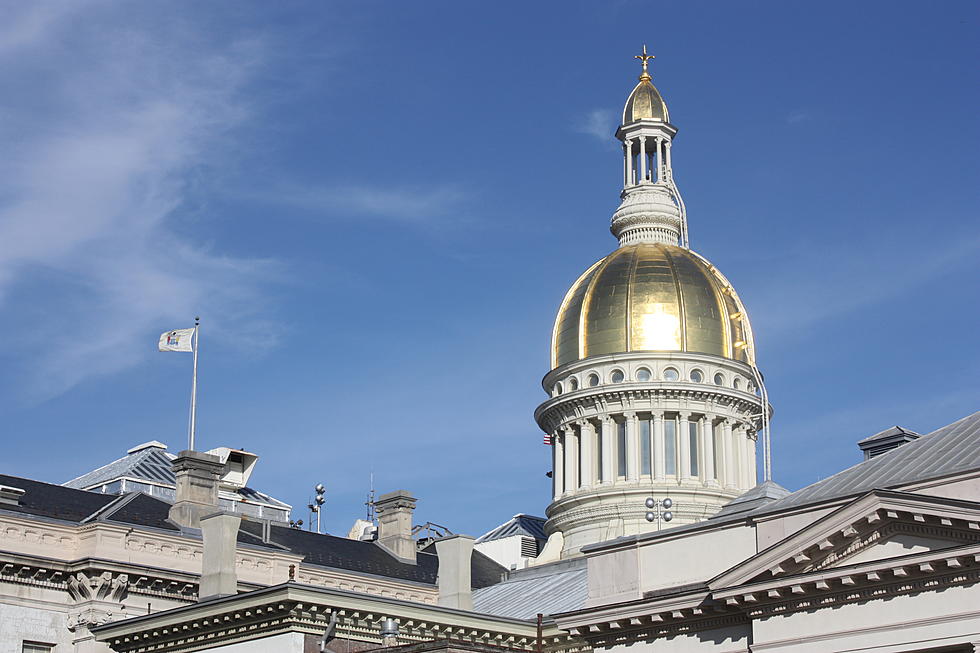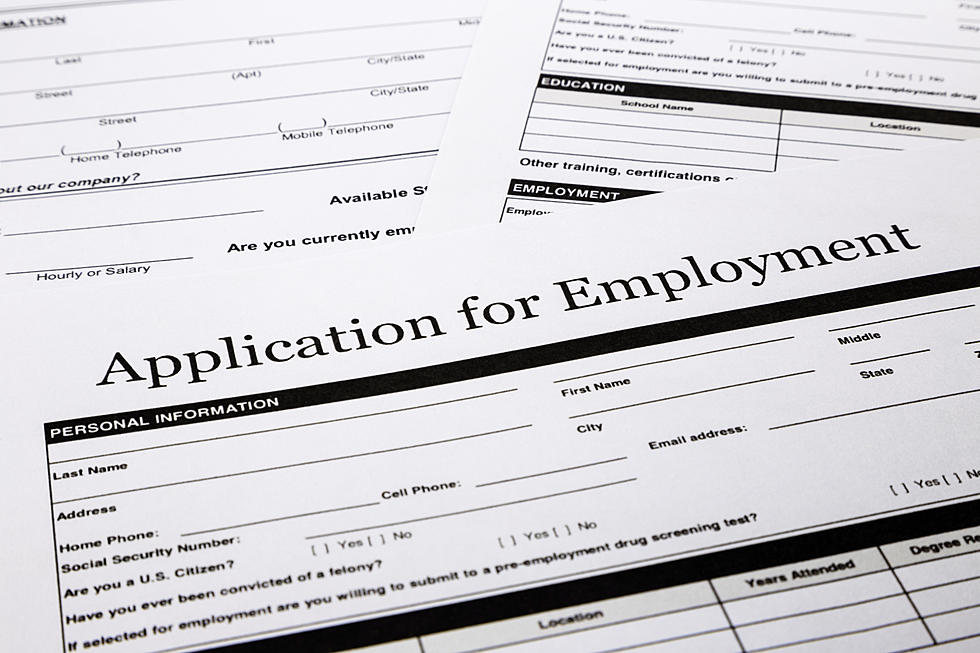
How to get help from your government in New Jersey
New Jersey has a lot of layers of government. Former Assembly Speaker Allan Karcher wrote a book about it called "New Jersey’s Multiple Municipal Madness."
Despite being one of the smaller states in the U.S., we have some of the most-layered government. Currently there are 565 municipalities and more than 600 school districts. On top of that, we have a county, state, and federal government structure. Each comes with its own bureaucracy, employees and budget that requires a tax levy. It’s easy to see why New Jerseyans pay among the highest taxes in the nation.
The multiple layers of government can also cause confusion for those who need help with an issue. Most live their lives having only minimal interaction with government officials, but when you do need help, it’s important to know who to call.
Dr. Benjamin Dworkin, director of the Rowan Institute for Public Policy and Citizenship, once dealt with constituent services issues for the New Jersey State Senate. He says some offices are better than others when dealing with individuals, but suggests it is best to start with representatives from the district in which you live. Dworkin also notes people often call the wrong office, and wind up getting directed somewhere else.
New Jersey 101.5 has put together a simple guide that will not only help you to know WHO to call for a specific issue, but how to find them.
You wouldn’t call you congressman or state senator for help fixing a pot hole, nor would you call your local mayor for help resolving a citizenship issue. While this guide cannot cover all possible issues, it should give you initial direction on where to begin your queries.
Most governments also have websites and are active on social media, and answers to many of your basic questions (like recycling pick-up) can often be found on those pages.
Local Government
Mayor and town council representatives handle matters specific to the town you live in. If you have a pothole on your street, this is the place to start. Your local government representatives also handle questions about local parks and recreation, traffic, economic development, crime, health code complaints, property management complaints and property taxes. Each town government’s structure varies. There are 12 different forms of local government, and a brief explanation of each can be found here.
Find your local mayor here.
You can find your town’s local website here.
County Government
Freeholders, the freeholder director and the county executive each have some unique areas of specialty. In addition, the county clerk is responsible for records searches such as duplicate birth certificates and property deeds.
Freeholder: Your first option for county-specific issues such county parks, county run vo-tech schools, open space preservation, support for the arts, services relating to homelessness, special/emergency assistance (heating, housing, etc.), mental health services, county colleges and senior services.
Freeholder director and/or county executive: In addition to general county services, these offices also handle economic development issues.
You can find local and county links here.

State Government
The governor's office and state Assembly and Senate offices all have dedicated budgets set aside to deal with issues that arise with their constituents. The governor has a separate Office of Constituent Services specifically to deal with the public.
State Assembly representative: Members of the state legislature’s lower house can handle issues that relate to statewide policy and regulation. This includes income and sales tax issues. If you are having an issue with a state agency like the Motor Vehicle Commission, Department of Environmental Protection, or the Department of Health, your Assembly representative is a good place to start. They can often obtain information and/or intervene on your behalf. This is also a good place to start if you’ve thought “There aught to be a law,” and want to propose your idea to someone who can make it happen.
State senator: Members of the legislature’s upper house can deal with the same issues above, but may also be helpful when dealing with more complex issues and/or issues relating to the state court system. Senators tend to have a larger office staff to deal with constituent issues.
This link will allow you to click on your town, and determine who your state representatives are.
Governor: It is unlikely that you will speak directly to the governor, unless you run into him/her at a public event. Even then, any issue you raise is going to be funneled to the Office of Constituent Services. If you are seeking more personal attention, start with your assembly or senate member. The Office of the Governor also cannot introduce legislation. Drafting of laws is the purview of the legislature.
Federal Government
Similar to state government, the president and members of New Jersey’s congressional delegation have specific budgets set aside to hire staff to deal with constituent issues. Contact them for all matters pertaining to federal policy and federal agencies. Here is a map of congressional districts in New Jersey.
U.S. representative: A member of the House of Representatives can help you deal with matters relating to federal policy and regulations, including issues with government agencies such as the Department of Environmental Protection. If you are seeking an appointment to a service academy like West Point or the United States Naval Academy, such endorsements are handled at this level. Find your U.S. representative here.
U.S. senator: In addition to what’s listed above, these offices will usually be much more involved with immigration, video, passport issues. I believe this is more tradition, than any actual difference in legal responsibilities. Find your U.S. senator here.
President of the United States
As you can imagine, the White House gets thousands of phone calls on a myriad of topics. People are encouraged to contact the White House, and there is a dedicated staff to deal with constituent issues. However, if you have a problem with a government agency, you may be better off dealing with your local congressional office to start. If you want to reach the White House, here is its contact information.
More from New Jersey 101.5:
More From New Jersey 101.5 FM









